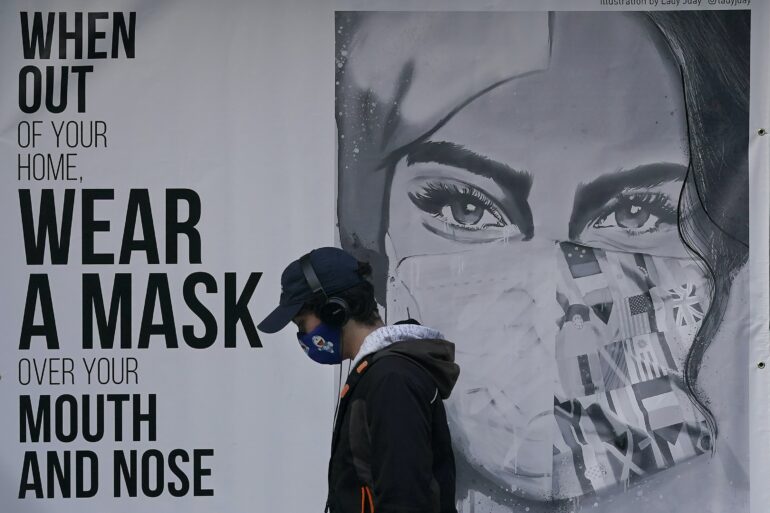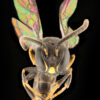Since health officials confirmed the first COVID-19 cases, misinformation has spread just as quickly as the virus. Social media may have made the amount, variety and speed of misinformation seem unprecedented, but COVID-19 isn’t the first pandemic where false and harmful information has set back public health.
Misinformation altered how people trusted their governments and doctors during the 1918 influenza pandemic. It fueled the 19th century smallpox anti-vaccine movements through some of the same arguments as those currently used against the COVID-19 vaccine.
What sets the COVID-19 pandemic apart, however, is the sheer magnitude of damaging disinformation put in circulation around the world. Data shows that regions and countries where disinformation thrived experienced more lethal pandemic waves despite vaccine availability. In the U.S., for example, viewership of a Fox News program that downplayed the pandemic is associated with increased COVID-19 cases and deaths. Similarly in Romania, disinformation is a contributing factor to the country’s disastrous fourth wave of COVID-19.
The COVID-19 infodemic began as soon as the first few cases of infections were confirmed.
The problem of misinformation has been so widespread that it has its own word: “infodemic,” a portmanteau of “information” and “epidemic.” Coined by journalist David Rothkopf during the 2003 SARS outbreak, it describes a situation where “a few facts, mixed with fear, speculation and rumor, are amplified and relayed swiftly worldwide by modern information technologies.”
Infodemics can affect economies, politics, national security and public health. The COVID-19 infodemic became such a problem that the Royal Society and the British Academy released an October 2020 report noting its significant impact on vaccine deployment, endorsing legislation that prosecutes those who spread misinformation.
As a researcher who studies HIV and lived through the AIDS pandemic, I felt a sense of déjà vu as COVID-19 disinformation spread. In the 40 years since the emergence of AIDS, society has learned how to cope with the disease with more effective diagnostics, treatments and preventive strategies, transforming AIDS from a lethal condition to a chronic disease.
However, there are striking parallels between the HIV/AIDS and COVID-19 pandemics that show the dire consequences disinformation can have on both patients and society as a whole.
Denying the existence of a virus or a pandemic
There are people who deny the existence of COVID-19. There are abundant claims on social media that the virus that causes COVID-19 has never been isolated, or it is insufficiently characterized. Others do not contest the existence of COVID-19, but ignore the severe consequences of infection.
In general, these groups tend to also deny germ theory, claiming that infectious diseases are not caused by pathogens…



